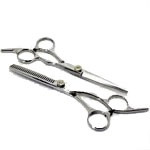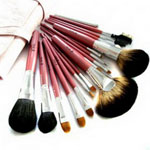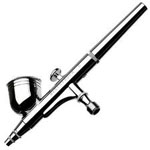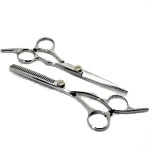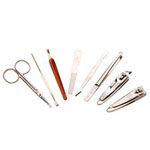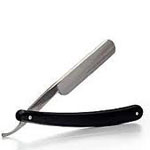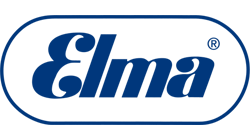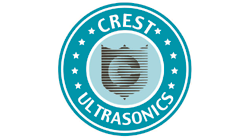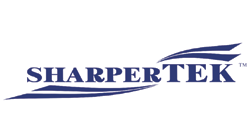Why your Beauty Salon Needs an Ultrasonic Cleaner
|
Let Us Help We can help you
find the perfect storage unit for your needs and budget. |
Most people associate ultrasonic cleaners with state-of-the-art science laboratories or top-notch medical facilities. These machines are highly effective at cleaning the precision instruments required to carry out precision tasks in these high-tech settings. Ultrasonic cleaners can also be found in a setting that requires nearly the same amount of precision and scrutiny: the beauty salon. The stylists and shapers at these salons understand the value of keeping their instruments in their best condition.
Watch an ultrasonic cleaner demo of cleaning scissors, combs, clips, and hairpins:
Ultrasonic cleaners can help clean the following equipment:
|
|
Makeup BrushesSalon makeup artists often apply foundation, blush and eye shadow on their clients by using fine, specialty brushes. Makeup particles can accumulate on the fine brushes and reduce their effectiveness at applying smooth, even layers of color. The ultrasonic cleaner can remove these particles while still maintaining the condition of the sensitive bristles. In some instances, artists can add a conditioner to the cleaning solution to keep the bristles soft. |
|
|
Airbrush GunsFor faster and more precise application of specialty makeup types, many salons use airbrush guns to give a smoother coat. However, the nozzles of these guns can clog and the mechanisms can become jammed. The process of cleaning airbrush guns by hand can be time consuming and ineffective. The cavitations of an ultrasonic cleaner can remove these particles and loosen the action of the gun while preventing damage to the delicate mechanisms inside. |
|
|
Hair Scissors and ClippersThe container of blue liquid that barbers once used to clean their combs and scissors has all but gone the way of the old red-striped barber pole. Today’s hair stylists use ultrasonic cleaners to maintain their scissors, clipper attachments and other tools. The machines produce thousands of waves per second, which dislodge the leftover hair, dirt and dead skin cells that can remain on instruments long after the customer has left the chair. |
|
|
Manicure and Pedicure Implements The transmission of blood borne disease through the unsanitary re-use of manicure and pedicure implements has raised serious questions about the health standards of some nail salons. Many of these instruments, such as nail clippers and files, can gather nail and skin cells that could carry pathogens. Salons that use ultrasonic cleaners, along with strong disinfectants, can reduce the risk of cross-contamination to their workers and clients. |
|
|
Legal RequirementsAs concerns continue to rise for the safety of salon customers, many states are adding regulations recommending or requiring the use of an ultrasonic cleaner on salon instruments. In Texas, a section of the law governing cosmetology requires that tools with electric drill bits be cleaned after each use, with an ultrasonic cleaner listed as one of the options. New Jersey has also enacted new laws that require any new nail salon license applicant have an ultrasonic cleaner available for their instruments. |
Just as ultrasonic cleaners have helped workers in research labs, hospitals and doctor’s offices keep their instruments sanitary and in working order; these small but powerful machines have done the same for those in the cosmetology industry. In all of these instances, the ultrasonic cleaners have allowed workers to keep their clients looking and feeling their best.


